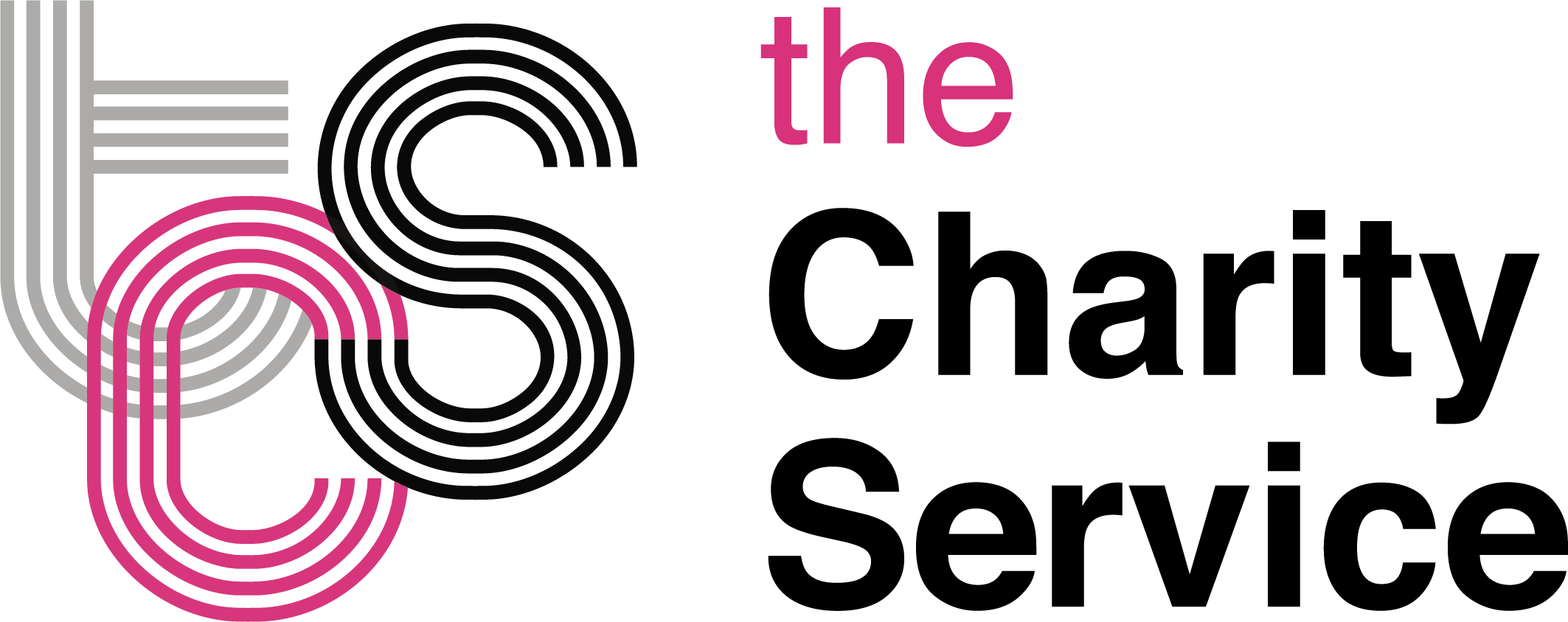Philanthropists face a myriad of choices when thinking about philanthropic strategy. One key question is: what type of organisation to support? Donors often gravitate towards larger charities. However, as we shall highlight in this article, donors may be missing out on the impact generated by small charities. As long as philanthropists take into account their distinctive nature, running a grants programme for small charities can be hugely satisfying and achieve enormous impact.

So, what is a small charity? The NCVO classifies charities by income size and regards charities with an income of under £100,000 as being small. Other analysts consider that charities with an income of less than £1m are small. Indeed, the Small Charity Week campaign uses a £1m income threshold.
As well as considering financial size, another useful way of thinking about small charities is to consider what makes them distinctive from large charities. The Institute for Voluntary Action Research (IVAR) has done a lot of research on small charities and has sought to capture their distinctive value. Many of their findings resonate with our own grant making work at The Charity Service. We recognise that small charities:
- offer a person-centred approach and are good at making activities and services accessible;
- are highly responsive, with flat organisational structures enabling quick decision making in response to need;
- create spaces where people feel safe, respected and useful;
- promote inclusion and belonging by connecting people;
- sit at the heart of social networks and relationships, which facilitate reach within and between communities; and,
- provide a stabilising role within communities, acting as the ‘glue’ that brings people together.
 The Covid-19 pandemic highlighted the immense value of small charities. They were often at the heart of the community response, demonstrating energy and flexibility to understand the implications of the crisis and adapting their provision to people’s ever-changing needs and circumstances.
The Covid-19 pandemic highlighted the immense value of small charities. They were often at the heart of the community response, demonstrating energy and flexibility to understand the implications of the crisis and adapting their provision to people’s ever-changing needs and circumstances.
Although there are many good reasons to support small charities, they only receive a small proportion of total charity income in the UK. Whilst 95% of charities have an income of less than £1m, these same small charities only receive 18% of total charity income.
We know from speaking to philanthropists that some donors prefer to support larger charities because they are reassured by their brands, larger scale and greater reach. Larger charities also have greater capacity to provide reassurance that they spend money effectively. For instance, large charities have the resources to produce impressive annual impact reports.
In contrast, philanthropists are often uncertain about supporting small charities. They worry about governance, sustainability and effectiveness. However, as we frequently point out, these concerns can be readily overcome by adopting a grant making process that is more suited to small charities.
At The Charity Service, we work with several major donors that support small charities. We also manage various legacy funds that provide funding for small charities in the Greater Manchester area. The way we manage and advise on these funds reflects the distinctive nature of small charities.
When managing grant programmes for small charities, we tailor our approach. We aim to build relations with small charities, getting to know their team and track record, thereby developing mutual understanding and trust. We adapt our grant making process to be compatible with the organisational capacity of small charities. We also keep in mind any power imbalances that may arise, being careful not to use funding as a source of unwarranted control. Wherever possible, we try to provide multi-year unrestricted grants because we know that small charities value these highly. We also keep monitoring and evaluation requirements simple and proportionate to the size of organisation. Most of all, we make sure we keep in touch. This enables us to track progress and provide additional capacity-building support when appropriate.
Giving to small charities can be a hugely satisfying experience for major donors. Small charities can achieve amazing things and, being a part of that, is hugely rewarding. Whilst a strategy of grant making to small charities will not suit every philanthropist, it is always worthy of consideration.
If you are a major donor interested in pursuing a small grants programme, The Charity Service offers flexible and cost-effective solutions. Please contact Rachel Tomlins, Head of Philanthropy at [email protected] for more information.

